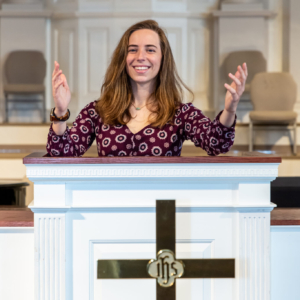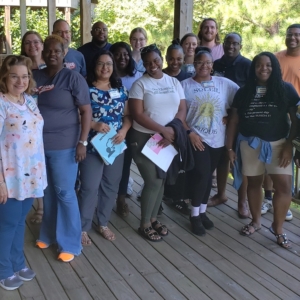Master of Divinity
Holistic Ministry Preparation
Counting the Cost
Affording Seminary
Thanks to the generosity of our donors, we are able to reduce the base cost for all masters students to $545 per credit hour enrolled.
-
100%
Of McAfee students benefit from the McAfee Tuition Grant to reduce the cost of their school of theology program.
Program Overview
The Master of Divinity degree (M.Div.) is a 78-hour, professional degree for theological schools and seminaries. It prepares students for ordained ministry and for pastoral and religious leadership in congregations and other settings. The M.Div. is structured to give students foundational tools for ministry, integrating the academic, spiritual, and practical components of theological education.
This degree is offered as both a 3-year residential program and a 4-year fully online program. Students can anticipate taking 13 hours each semester in the residential program and 6-7 hours each semester in the online program.
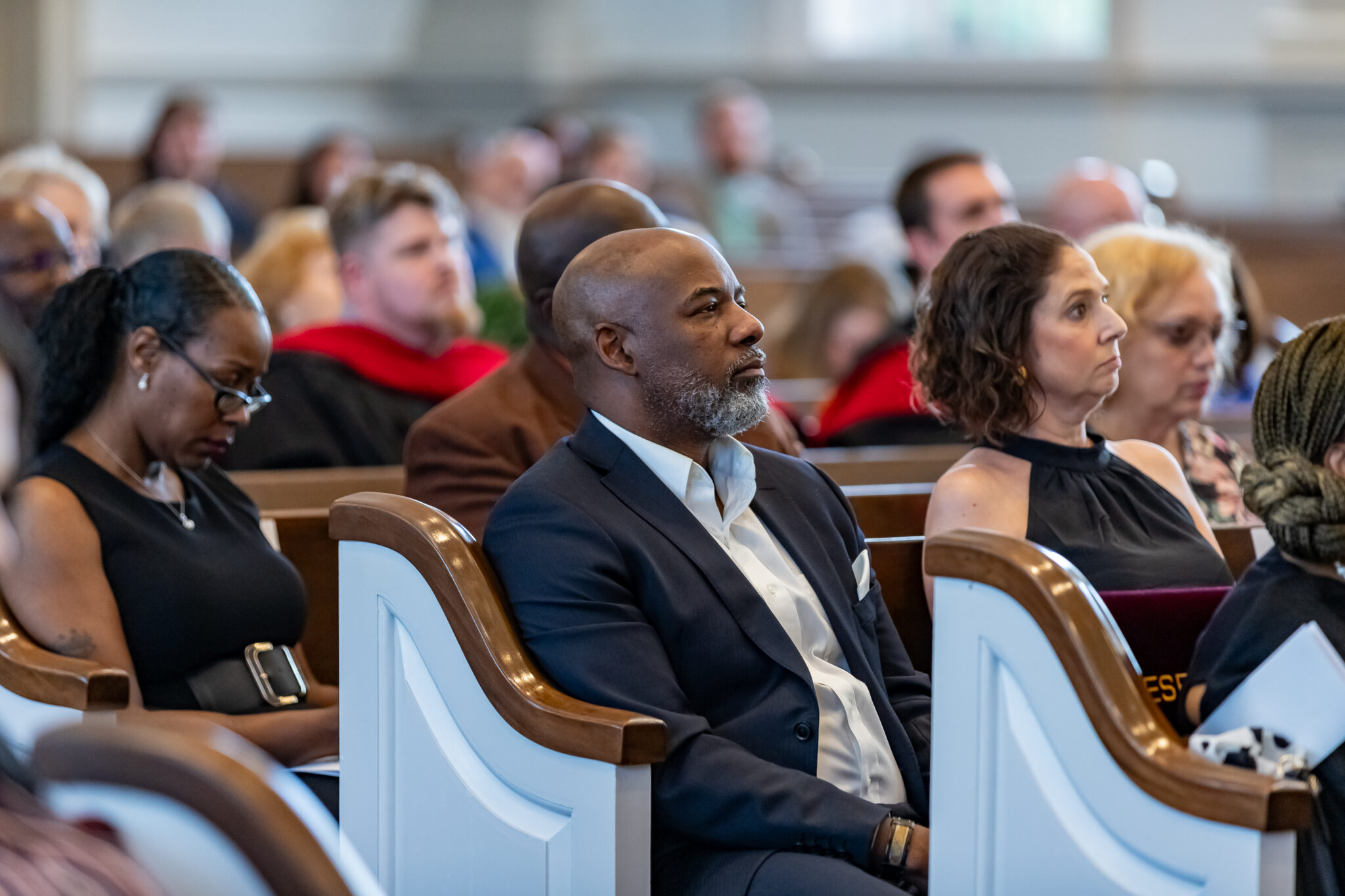
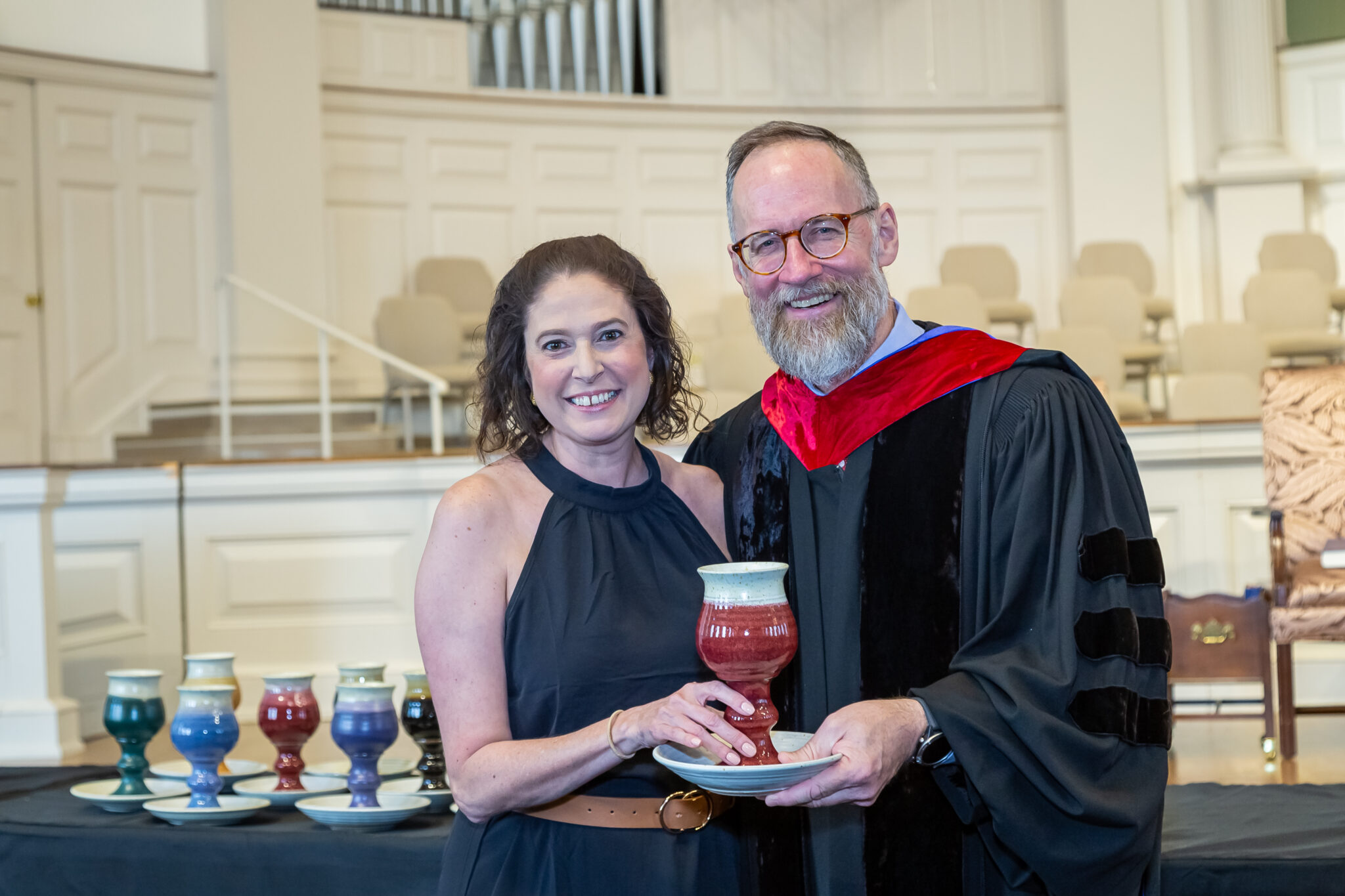

Master of Divinity
Example Courses
The M.Div. at McAfee emphasizes academic rigor and practical ministry experience. Core areas of focus include: (1) Religious Heritage, (2) Personal, Communal and Spiritual Formation, (3) Cultural Context, (4) Ministerial and Public Leadership, and (5) Practicum/Internship.
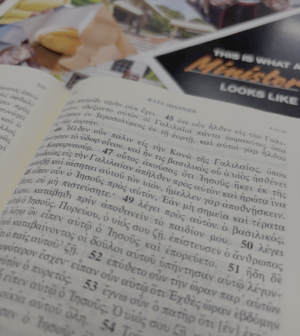
Foundations of New Testament
This will focus on the study of Jesus and the gospels and Paul and the early church, as well as pursuing leading themes in the New Testament.
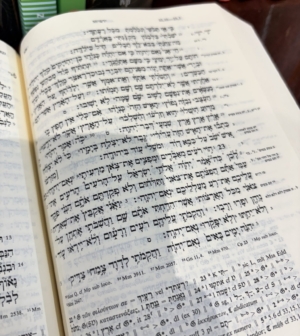
Foundations of Old Testament
This course introduces the study of the Old Testament and gives students tools for continuing study of this portion of the scriptures. Special attention will be given to the Old Testament’s backgrounds in history, canonical formation, language and translation, literary form, history of interpretation, and use in the Christian church.

What You Do Is A Sacred Calling
This course introduces the issues of how faith is nurtured in individuals and communities, and how the church can fulfill its mission of faith education. Students will study a range of developmental processes in children, adolescents, and adults, and how learning occurs through the life-stages of individuals, families, and communities. Practical issues of how Christian education can be structured and developed in the local church will also be addressed.

Preaching
This course introduces the principles and disciplines of effective preaching. It offers the tools for the fresh, ongoing interpretation of scripture into the lives of listeners. Students will study cultural and congregational factors in the preaching event, methods for interpreting texts, the process of sermon development, and the practical issues of oral communication.

Ethics
This course is an exploration of the moral dimensions of the Christian faith, including moral convictions, character, and practices. The course is grounded in an ethical methodology shaped by historic Christian theological commitments, and explores aspects of personal discipleship, the church’s internal moral life, and the Christian moral witness in society.

Spiritual Formation 1 & 2
These courses are designed to assist first year students in understanding the nature and role of spiritual formation in Christian discipleship and the call to ministry. Particular attention is given to building community, understanding theological education, developing a prayer life, and caring for self as these relate to personal and professional identity formation. Students are challenged to examine their own spiritual journeys and to assess areas of need for further growth. This course is required of all first-semester M.Div. and M.A.C.M. students.

A Brother By Any Other Name? Cultural Lenses and the Face of Jesus
This course will examine ways in which Jesus is perceived through the lens of many of the world’s religious traditions with an emphasis upon such perceptions from the context of the two-thirds world. Particular focus will be given to the ways in which Jesus has been depicted in art and film.

Ritual & Action: Embodying New Stories
This course examines the life-shaping power of ritual, offering an introduction to the field of ritual studies. The course focuses on how the action of ritual embeds stories in our bodies—individual and communal—especially at the intersection of humanity and the Divine. This provides an embodied hermeneutic for class members to participate in, reflect on, and craft rituals in the context of their life and ministry.

Biblical Interpretation in the Age of Black Live Matter
This course examines how critical biblical scholarship serves as a way of assessing “public health” while reading Hebrew Bible and New Testament texts. In this class, you’ll perform exegesis and interpret biblical texts to help you imagine a theology of multi-racial revolutionarily resilience. You will also read and engage sermons on Blackness towards imagining, constructing, and delivering your own sermons that engage the interpretative tools learned so that you can preach in the age of protest and empowerment.
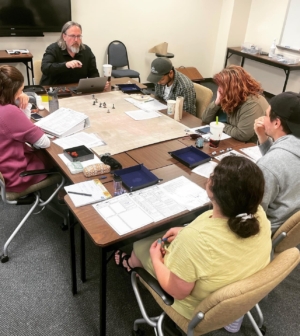
The Bible & Popular Culture
This course develops skills for analyzing contemporary culture, biblical literature, and the intersection between the two. Participants will engage biblical allusion and interpretation in a variety of genres, including, but not limited to: film, television, music, literature, art, political rhetoric, and the like. The course will also enable participants to engage popular culture in teaching the Bible in either church or academic settings.
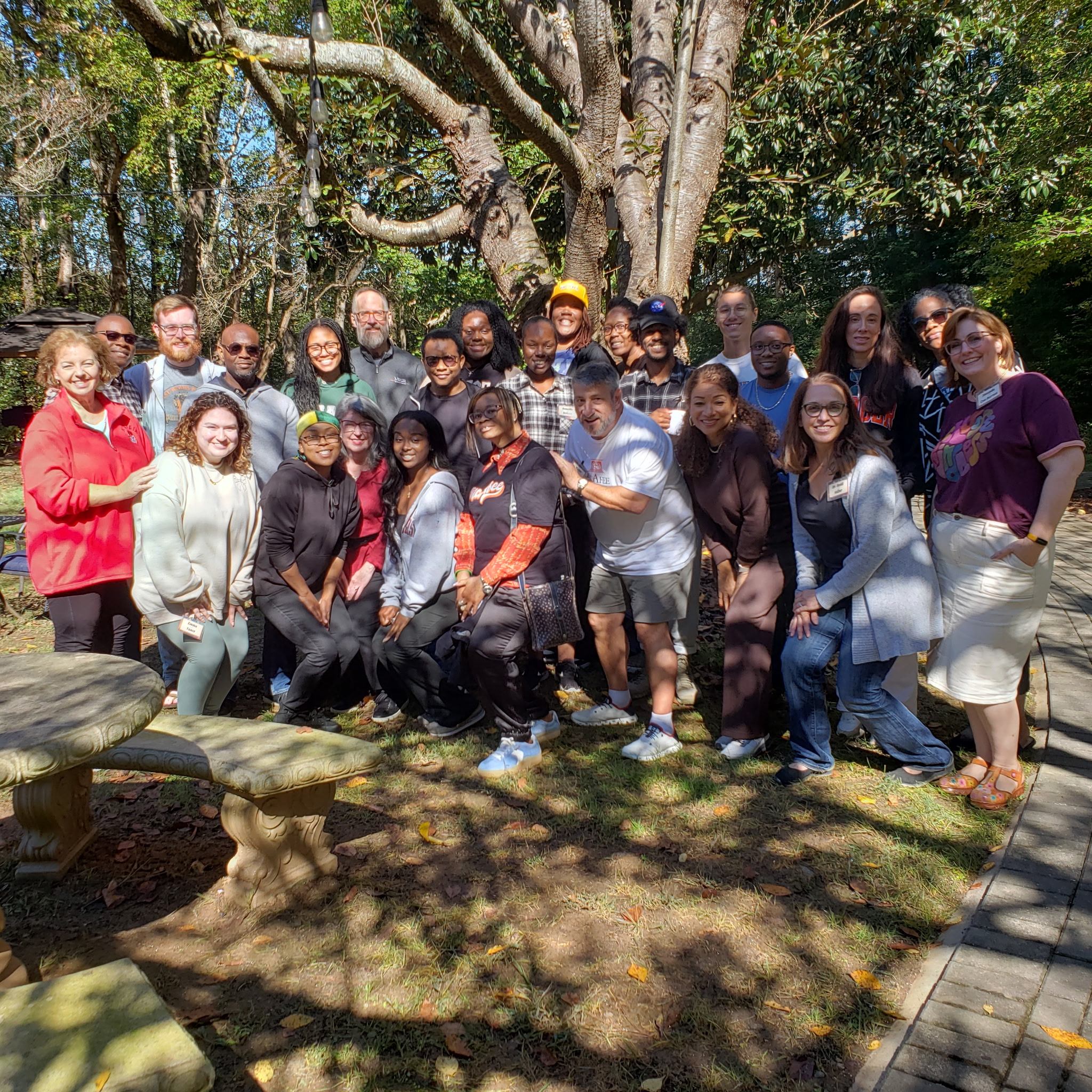
Formation Focused
A unique feature of the M.Div. degree is a series of ministerial formation courses across the program designed to cultivate capacities for leading. Students engage in faculty-guided peer learning and reflection in small groups, sharing out of their diverse backgrounds and vocational goals and building relationships throughout the academic year. Each year has a particular focus for student formation: the first year focuses on spiritual formation, the second year on vocational formation, and the final year on ministerial integration.
